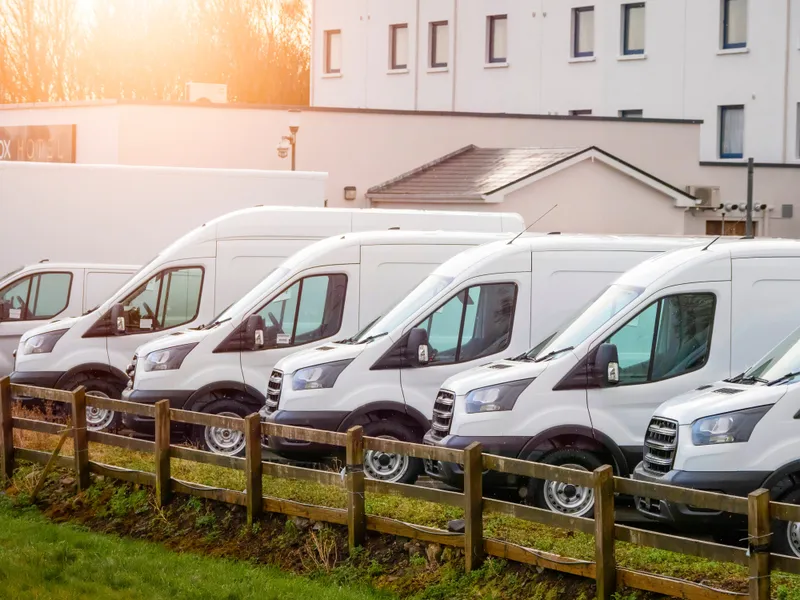From builders and tradespeople to delivery companies and private hire operators, a wide range of firms are reporting huge increases in the cost of keeping their vehicles on the road. The sharp rise in premiums is piling further financial strain on businesses already contending with higher fuel prices, labour shortages, and expensive vehicle repairs.
Industry analysts say that the spike in fleet insurance costs is being driven by a combination of factors, including inflation, the rising value of vehicles, the growing use of electric vans and cars — which are more expensive to repair — and an increase in claims across the commercial vehicle sector.
Chris Richards, founder of Simply Quote Insurance, said his firm has seen a surge in enquiries from business owners desperate to cut their costs after receiving renewal quotes that are significantly higher than in previous years.
"We’ve seen a sharp rise in fleet insurance premiums across the UK, with some businesses reporting increases of up to 50%," Richards explained. "For small and medium-sized enterprises already grappling with rising fuel, labour, and maintenance costs, this is yet another financial burden. At Simply Quote Insurance, we’re hearing from more fleet operators who are now shopping around out of necessity, as their previous policies have become unaffordable almost overnight."
"Fleet insurance used to be something businesses could budget for fairly predictably. But now we’re seeing sharp, unexpected hikes that are putting pressure on profit margins and, in some cases, threatening the viability of smaller firms."
Recent industry data backs up these concerns. According to figures reported by Fleet News, some businesses have seen their premiums rise by 50% or more since 2020. The introduction of new vehicle technologies, combined with a more cautious approach from insurers, is making it increasingly difficult for operators to find affordable cover — even if they have good driving records and few claims.
The rise of electric vehicles (EVs) is also playing a role. While EVs offer long-term fuel savings and environmental benefits, their higher upfront costs and expensive parts can lead to increased insurance premiums. Businesses transitioning to greener fleets may be facing higher insurance bills than anticipated.
Trade bodies are now calling for insurers and brokers to offer more competitive options and for the government to consider whether the insurance market is working fairly for SMEs. Some firms are also exploring technology-driven solutions, such as telematics, which can reward safe driving habits with lower premiums.
Richards added: "My advice to business owners is not to accept the first renewal quote you receive. The gap between the highest and lowest quotes can be huge right now, and switching insurers or adjusting policy terms could save thousands. It’s also worth exploring risk management tools or driver training, which some insurers will take into account when calculating premiums."
As businesses brace for another year of economic uncertainty, fleet insurance looks set to remain a major concern — and for many, shopping around is no longer a choice, but a necessity.


